Going green sounds good, but what about when the dollars-and-cents aspect of it doesn’t match the public relations part? What about when going green environmentally doesn’t fit in with going green economically?
An example: A Fort Worth, Texas school in the Keller Independent School District is rightfully proud of its energy-efficient Timberview Middle School. With its fruit and vegetable garden, geothermal heating and air conditioning, rooftop solar panels, white roof to absorb less heat, and waterless urinals, the year-old structure is billed as a school of the future.
Accolades have rolled in. The building is the first LEED-certified Keller district school, according to the nonprofit U.S. Green Building Council, which means it was honored for its Leadership in Energy and Environmental Design for green building practices.
The Education Department also recognized it as one of America’s first “Green Ribbon” schools.
Another component of the campus is its lone wind turbine, next to the athletic field by the concession building. Paid for with voter-approved bond money, the Skystream turbine is billed by its maker as a product that can “produce electricity in your own backyard.”
“It’s the first compact, user-friendly, all-inclusive wind generator (with controls and inverter built in) designed to provide quiet, clean electricity in very low winds,” a brochure says.
After voters rejected an effort this year to raise taxes and district officials scoured the budget to find ways to save money (a $3 million surplus unexpectedly turned up), somebody asked questions about the turbine.
Call him quixotic, but Larry West, regional manager for the United Educators Association, tilted at that windmill in pursuit of the ideal that every penny in a cash-strapped government budget be scrutinized.
As readers of the Dave Lieber Watchdog column in the Fort Worth Star-Telegram first learned, West filed an open-records request with the district that asked how much the turbine cost and when it would pay for itself.
Good questions for sure. The answers surprised him.
– – – – – – – – – – – – – – – – – – – – – – – –
More Watchdog Nation News:
Watchdog Nation Partners with Mike Holmes
America meets Watchdog Nation/Listen to Fun Radio Interview
Watchdog Nation Debuts New e-Book and Multi-CD Audio Book
– – – – – – – – – – – – – – – – – – – – – – – –
The turbine cost $16,000 to install, the district answered. The payback in electricity savings would come in “roughly 26 years.”
West acknowledges that the money involved is minute in a multimillion-dollar budget but points to a bigger principle.
“When you’re asking your population for a tax rollback election, it’s a bad idea to spend something that sticks above a school and won’t make money for 26 years,” he said.
“It’s going to need maintenance. I bet it needs thousands of dollars in maintenance, which push off the profit.”
The turbine could be looked at as a symbol of government public relations puffery versus reality.
“It’s kind of an example of the overall function of government,” West said. “We spend money on something and say it’s going to help. Yet when examined closely, it costs money and doesn’t save money. That kind of goes against its original purpose. Isn’t the whole idea of being green about saving money?
“It’s going to take 26 years to pay off. I’m questioning whether that wind turbine will still be spinning in 26 years. I doubt it.”
The Watchdog doesn’t bring this up to bash environmental education and the value of teaching students about energy conservation.
As district spokesman Bryce Nieman said: “It’s an instructional tool for students. Students can learn about energy conservation and other ways to generate electricity, alternate energy means.”
He says the turbine helps trim the campus’s energy bills. “It’s better than nothing.”
All true, but the reason for sharing this is to show how one citizen asked questions about a school district’s finances. In Texas and elsehwere, this is an easy thing to do.
The Public Information Act allows anyone in Texas to inquire about the workings of state, county, local and school governments. West took advantage of that and learned the story behind the story. Too often, we forget to do that. Only by asking questions can we get answers.
Research your rights under your state’s open records laws by googling on the Internet for the law.
Visit Watchdog Nation Headquarters![]()
Like Watchdog Nation on Facebook![]()
Watch Watchdog Nation on YouTube![]()
Dave Lieber shows Americans how to fight back against corporate deceptions in his wonderful national award-winning book, Dave Lieber’s Watchdog Nation: Bite Back When Businesses and Scammers Do You Wrong. Are you tired of losing time, money and aggravation to all the assaults on our wallets? Learn how to fight back with ease — and win. Get the book here.
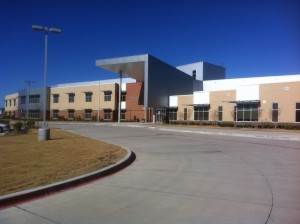

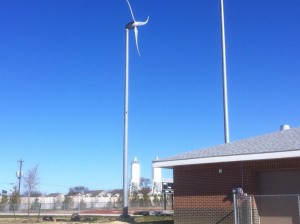
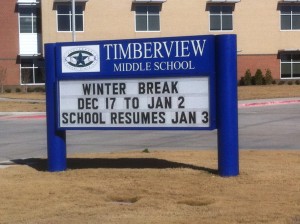


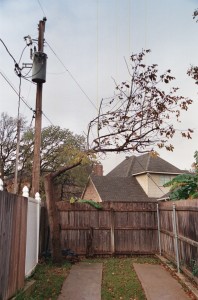
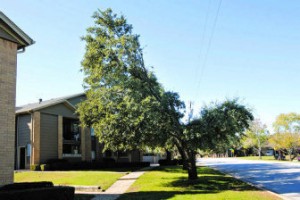

 Visit
Visit 

